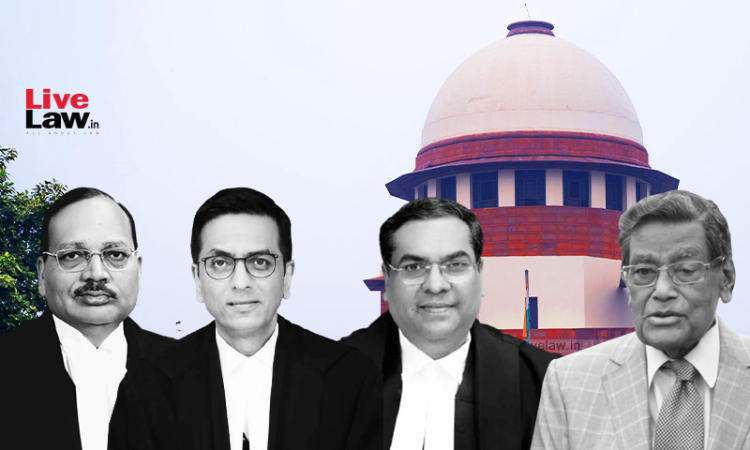Can Arbitrators Fix Their Fee Without Parties' Consent? Is 4th Schedule The Standard Fee Scale? Supreme Court Considers
Shruti Kakkar
24 March 2022 9:54 PM IST

Next Story
24 March 2022 9:54 PM IST
The Supreme Court on Thursday considered issues relating to the fixation of the arbitrators fees, especially in arbitrations involving Public Sector Undertakings.The bench of Justices DY Chandrachud, Sanjiv Khanna and Surya Kant was considering arbitration petition filed by the Oil and Natural Gas Corporation (ONGC) on the issue related to the mandatory nature of the 'model' fee scale...
